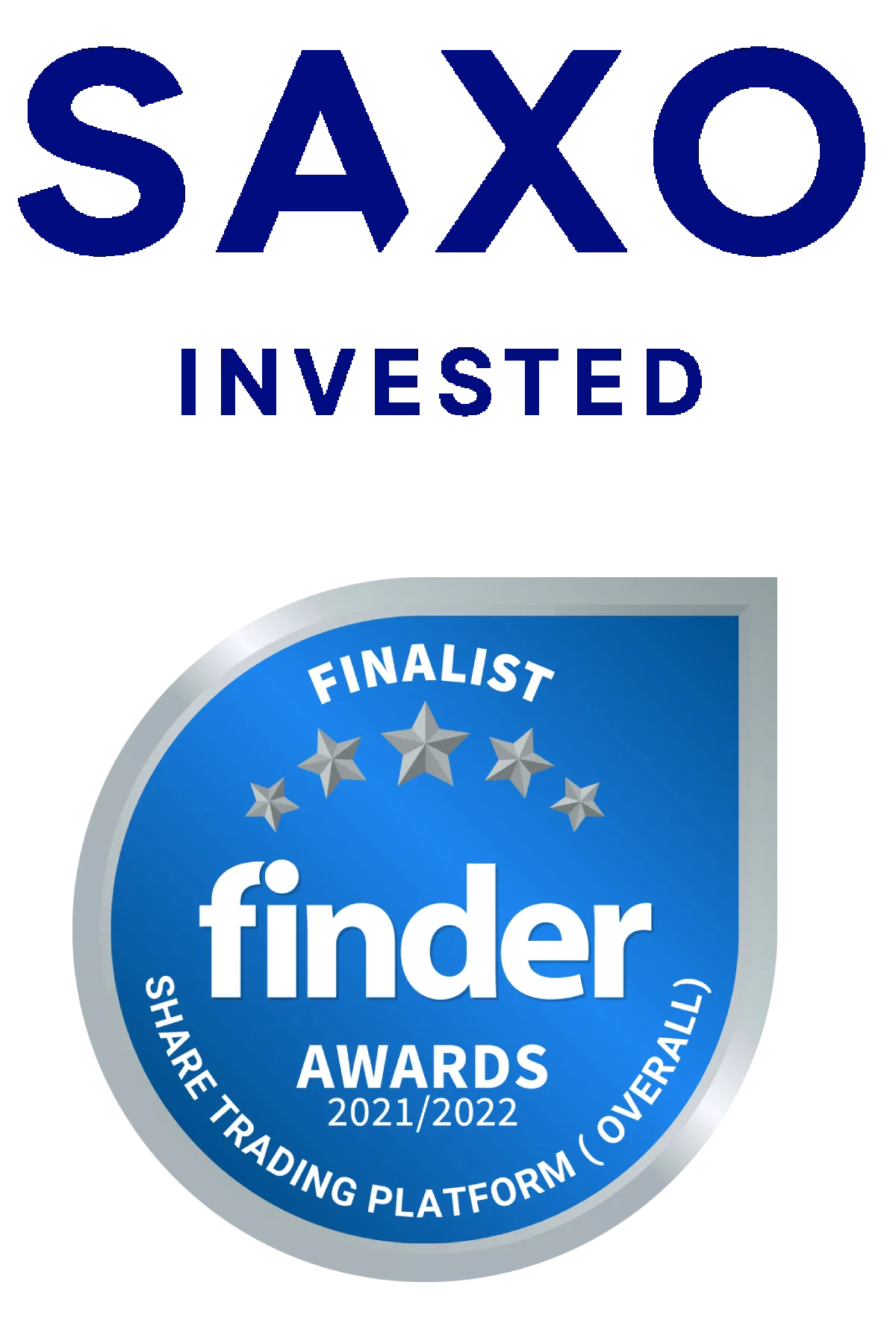The top 4 benefits of managed portfolios, explained

Expert shares updates on how managed portfolios can benefit your investments
 Sponsored by SaxoSelect - Managed Portfolios on the Saxo platform (AFSL 280372). Free your time. Have experts navigate markets for you, transparently, aligned to your goals and risk appetite. Get cost-effective access to some of the largest asset managers in the world, including BlackRock and Morningstar with no lock-in period.
Sponsored by SaxoSelect - Managed Portfolios on the Saxo platform (AFSL 280372). Free your time. Have experts navigate markets for you, transparently, aligned to your goals and risk appetite. Get cost-effective access to some of the largest asset managers in the world, including BlackRock and Morningstar with no lock-in period.
Sponsored by SaxoSelect - Managed Portfolios on the Saxo platform (AFSL 280372). Free your time. Have experts navigate markets for you, transparently, aligned to your goals and risk appetite. Get cost-effective access to some of the largest asset managers in the world, including BlackRock and Morningstar with no lock-in period.
Managed portfolios provide a way for investors to put their funds together and access larger, more difficult or complex opportunities. Ordinarily, these opportunities might be out of reach of non-institutional investors.
But what is a managed portfolio?
Well, they share some similarities with managed funds. However, a managed portfolio allows you to retain ownership of the underlying assets, whereas with a managed fund, a fund manager trades assets on your behalf.
Some investors also confuse them with ETFs. While they share a lot of similarities with ETFs, including the way asset ownership works, diversification and regulation, they do differ on pricing, transparency and how you can add funds.
However, both managed funds and portfolios often allow for additional funds to be added or removed periodically, without needing to pay brokerage on every transaction. Some investors prefer this approach from a dollar-cost averaging standpoint.
So where do managed portfolios sit in 2023?
To gain more insights into the benefits of managed portfolios, we spoke with Manish Prasad, head of asset management – APAC at Saxo Markets. Today, Prasad sees them as playing an active role in a well-rounded selection of investments.
"Managed portfolios have been an amazing vehicle for investors for many years," said Prasad. "They're still relevant today – and in fact, they're sometimes the only way to get access to certain money managers or asset classes like private credit."
1. Turning ideas into outcomes
For Prasad, managed portfolios are about turning investment ideas into actionable portfolio outcomes.
"The conventional wisdom is that you should invest in the best companies – those with a moat around their business," Prasad explained.
He noted that it's great in principle but a little more complex in practice.
"How do you identify these companies, determine which ones represent the best investment and then at what price to buy and how long to stay invested?" he said.
2. No lock-in
All investment carries risk – we'll talk about that a bit more in a moment – and adjacent to this is being able to exit the investment.
You might decide that an investment isn't right for you for a number of reasons. It may not be tracking in the direction you want, business relationships may sour or it may simply not fit into your wider scope of investments.
Ideally, you want to be able to exit with a minimum of fuss.
The good news is with the right provider, managed portfolios tend to be pretty easy to exit when necessary.
Prasad noted SaxoSelect as an example.
"I always recommend reading all of the managed portfolio descriptions to see which one appeals to you the most," he noted.
"But if you feel you've made the wrong choice or have had a change of heart, you can sell out of your selection and easily change to a new portfolio. There are no lock-ins or exit penalties."
3. Cost savings compared to traditional wealth managers
One of the advantages that managed portfolios offer is they tend to be cheaper than traditional wealth managers. You're able to receive direct management of your portfolio by professionals, who make decisions on your behalf, with your best interests in mind.
You don't need to be as heavily invested financially or personally as you would be with a personal wealth manager.
The selection of investments used for managed portfolios are also created by experts, which means that you don't need to build one from scratch yourself.
This can be particularly useful for investors who are just starting out or who are wanting to upgrade their wider portfolio but don't necessarily want to outlay a huge amount of funds.
But there are still some other important considerations in play.
"One of the trade-offs you make with mutual portfolios is that they don't necessarily have a lot of day-to-day transparency or liquidity," said Prasad.
It's still important to make sure that the overseeing account holders are responsible and managing your affairs properly. Prasad pointed to Saxo as an example.
"The managers selected by Saxo as part of the SaxoSelect managed portfolios offering are some of the largest and best resourced in the world," said Prasad.
"It has specialists who dedicate their careers to an asset class or market segment and Saxo makes this expertise available to investors in an easy and transparent way."
Past performance is not necessarily an indicator of future performance. However, you should always look for a provider that has a history of responsible management and good performance over an extended period.
4. Managing risk
Everyone's risk appetite is different and managed portfolios are no exception.
It's important to pick a managed portfolio and provider that aligns with your own risk tolerance.
Prasad noted that a good provider will offer managed portfolios based on risk appetite, investment fundamentals, key themes and market trends. Ideally, as an investor, you'll be able to combine these to suit your own specific needs.
"At Saxo, we have a range of portfolio solutions," said Prasad. "Any and all of these can be combined at the discretion of the investor and as such, they can scale their risk and market exposure as and when they want."
However, like any investment, managed portfolios do have their own risks that need to be considered.
"For first-time investors, I would say that working with a professional money manager is a very smart idea," said Prasad. "I've seen too many investors make poor investment decisions, including stock selection and timing of trades, based on a lack of knowledge."
Learn more about managed portfolios at Saxo Markets
Compare other products
We currently don't have that product, but here are others to consider:
How we picked theseFinder Score for share trading platforms
We've scored over 30 share trading platforms assessing them for their core features, fees, customer experience and accessibility. Our experts give each platform a score out of 10.



